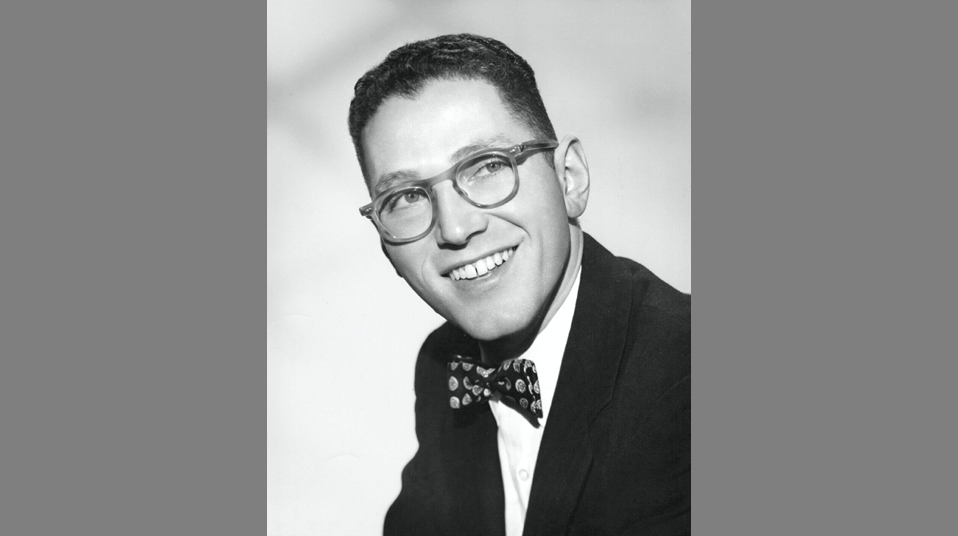
Tom Lehrer, a mathematician-turned-musical satirist, gained cult status in the 1950s and 1960s with his sharp-witted songs on politics, science, and absurdity. His unique blend of intellect and irreverence left a lasting mark on American satire before he quietly faded from the spotlight.
Tom Lehrer, the acclaimed humorist and pianist whose satirical songs made him one of America's favorite prophets of doom before he retreated to academia, has died, US media reported Sunday. He was 97.
The singer-songwriter died Saturday at his home in Cambridge, Massachusetts, his friend David Herder said, according to The New York Times.
Lehrer's sardonic numbers, backed up by a dazzling prowess at the piano that reflected his love for up-tempo Broadway show tunes, enchanted audiences in the 1950s and 1960s.
But Lehrer was always much more than the sum of his parts. A child prodigy, he graduated from Harvard at 19 and later taught at the elite Massachusetts Institute of Technology.
Well ahead of his time on issues like pollution and nuclear proliferation, Lehrer made his mark with biting humor and zany rhymes.
He was also wickedly funny on random subjects like murder, conjugal discord, chemistry, and his distaste for pigeons.
Poisoning pigeons
Poisoning Pigeons in the Park, one of Lehrer's signature tunes, conjures up a couple enjoying a spring pastime of slaughtering pigeons with strychnine: "It just takes a smidgen!"
Songs seemed to drip off his palette, matched with insouciant melodies like Folksong Army, which mocked 1960s protesters.
But his activism was persistent, with songs including Who's Next about nuclear weapons, and Pollution warning that "You can use the latest toothpaste, then rinse your mouth with industrial waste."
The seemingly bottomless well of sly, even cynical creativity captured audiences from 1953 until it appeared to go dry in 1965, although Lehrer briefly returned to performing in 1972 for a children's public television show, The Electric Company.
Rumor had it that Lehrer stopped composing when his prophecies began coming true, or that he quit in protest over Henry Kissinger being awarded the Nobel Peace Prize in 1973.
But Lehrer, in an interview with the satirical news website The Onion in 2000, dispensed with the second rumor, saying he had "quit long before that happened."
There was nothing abrupt about it, he said. "I figure I wrote 37 songs in 20 years, and that's not exactly a full-time job. Every now and then I wrote something, and every now and then I didn't. The second just outnumbered the first."
He claimed to have gone "from adolescence to senility, trying to bypass maturity."
Periodic table
While most of Lehrer's compositions were original, one adaptation stood out for its genius: his dizzying recitation of all 118 chemical elements to the tune of A Modern Major General from the Gilbert and Sullivan operetta The Pirates of Penzance.
The piece earned adoration from none other than Harry Potter actor Daniel Radcliffe.
"Tom Lehrer in my opinion is the cleverest and funniest man of the 20th century, and he's kind of my hero," Radcliffe said, before singing a rendition of The Elements on a British comedy show in 2010.
Born on April 9, 1928, to a secular Jewish family, Lehrer grew up in Manhattan's Upper East Side. He attended the prestigious Horace Mann and Loomis Chaffee preparatory schools before entering Harvard at age 15, graduating magna cum laude with a degree in mathematics three years later.
He went on to teach mathematics at MIT as well as Harvard, Wellesley College, and the University of California, Santa Cruz.
By Michael Mathes, with Gina Doggett in Paris / AFP
Comments